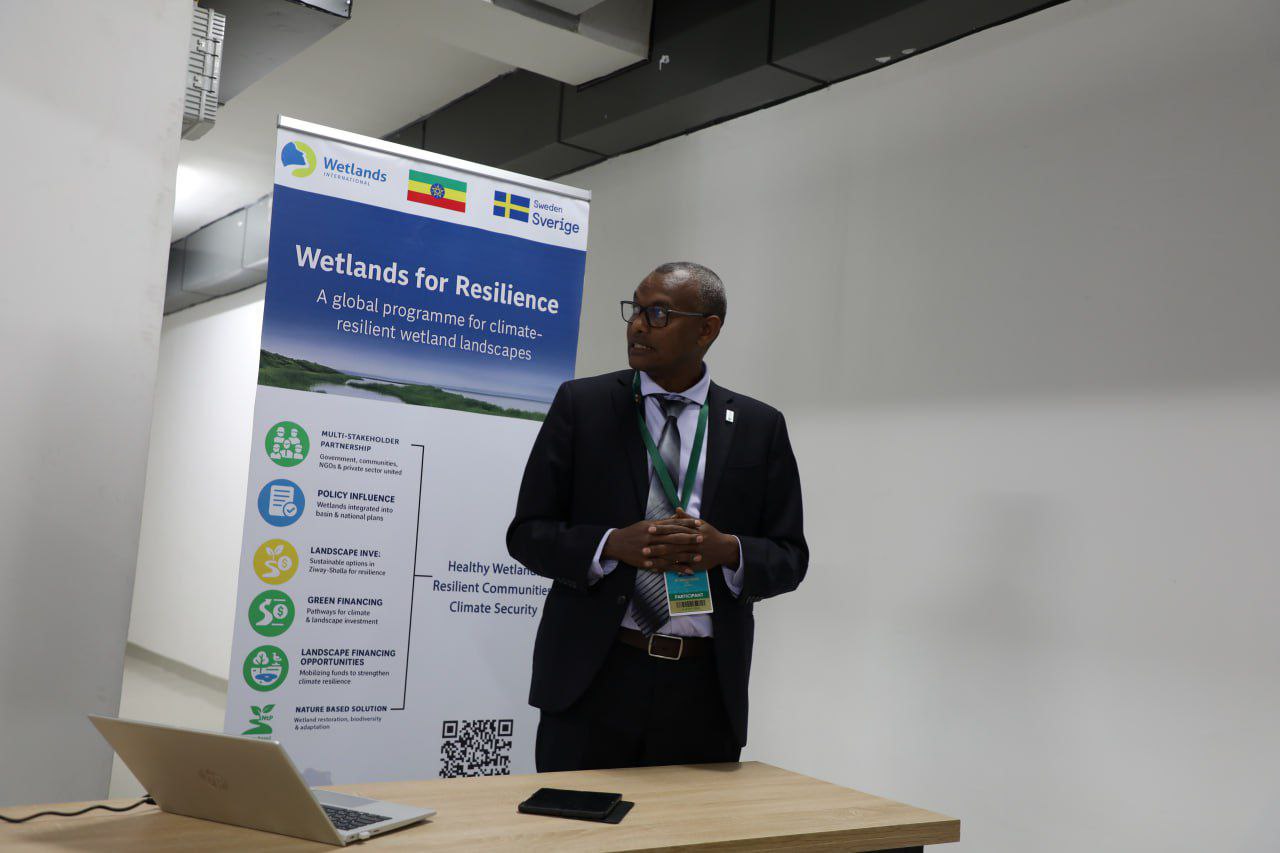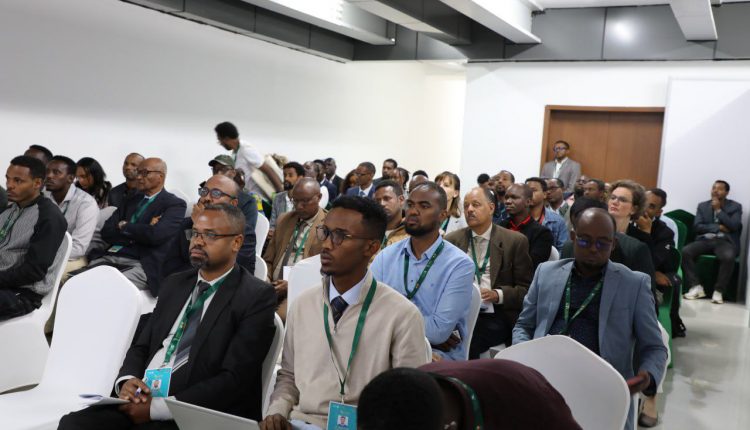Ethiopia Harnesses Wetlands for Sustainable Development and Climate Resilience
Addis Ababa, September 10, 2025 (FMC) — Ethiopia is pursuing multiple initiatives to harness its wetlands for economic growth and climate resilience, the Ministry of Water and Energy announced.
The announcement comes amid the ongoing Second African Climate Summit in Addis Ababa, which convenes under the theme, “Accelerating Global Climate Solutions and Supporting Africa’s Green Development with Finance.”
On the sidelines of the summit, a panel discussion on Tuesday focused on leveraging Africa’s natural resources to strengthen wetland resilience and promote environmentally sustainable development.
 Debebe Deferso, Head of Integrated Water Resources Management at the Ministry of Water and Energy, emphasized the untapped potential of Ethiopia’s wetlands. “These ecosystems hold enormous value if given the proper attention,” he said, noting that public awareness has historically been limited. “To address this, new directives and regulations have been issued and are actively being implemented.”
Debebe Deferso, Head of Integrated Water Resources Management at the Ministry of Water and Energy, emphasized the untapped potential of Ethiopia’s wetlands. “These ecosystems hold enormous value if given the proper attention,” he said, noting that public awareness has historically been limited. “To address this, new directives and regulations have been issued and are actively being implemented.”
Debebe highlighted several government-led projects aimed at overcoming challenges and maximizing the economic and ecological benefits of wetlands. He cited the Green Legacy Initiative, launched seven years ago, as a prime example of these efforts.
Julia Molonga, Director of Wetlands International for East Africa, underscored the importance of a coordinated approach among stakeholders to protect and develop wetlands. “Wetlands offer opportunities for sustainable fish farming and environmentally friendly agriculture,” she said, stressing the need for collective action.
Semeneh Shiferaw, the Ethiopian representative for Wetlands International, added that wetlands inherently help mitigate climate change. “Yet, they remain insufficiently protected and underutilized,” he said. He further noted that long-term investments in wetlands could ensure food sovereignty while safeguarding natural resources. “Ethiopia’s Green Legacy Initiative provides a strong foundation for such efforts,” he added.
Africa faces a critical moment, confronting both the escalating impacts of climate change and the urgent need for sustainable development. The continent’s ecosystems—particularly wetlands—are invaluable in addressing these challenges, yet they remain largely undervalued and threatened.
The panel discussion was supported by the Swedish International Development Cooperation Agency (Sida) through the *Wetlands 4 Resilience (W4R)* program, which is currently being implemented in the Ziway-Shala landscape.

